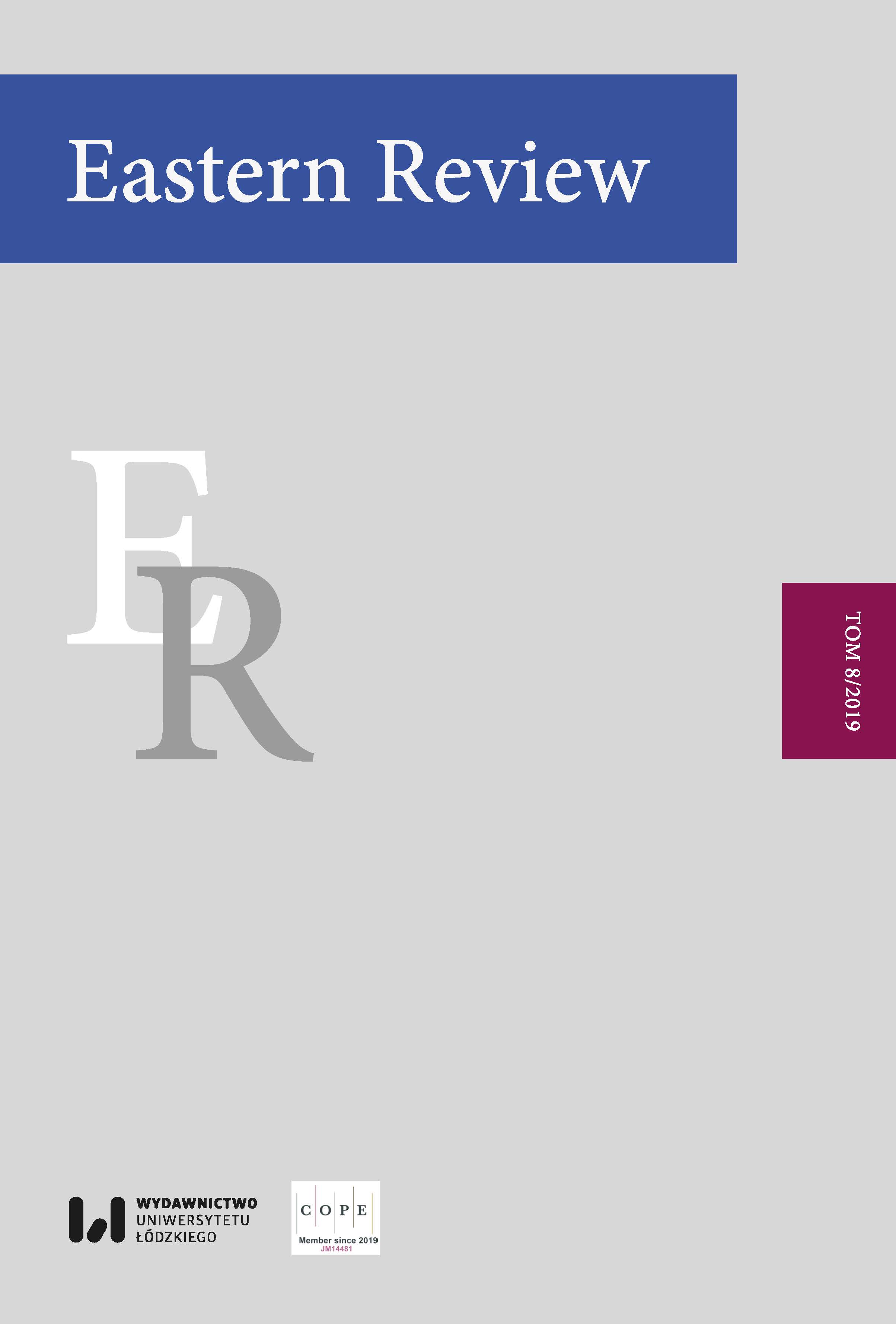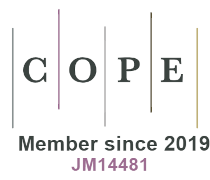The adaptation of students during academic mobility processes: The case of Belarus
DOI:
https://doi.org/10.18778/1427-9657.08.04Słowa kluczowe:
international cooperation in education, Belarus, academic mobility, academic adaptationAbstrakt
The article describes the experience of Belarus in the field of international academic mobility. The purpose of the article is to reveal the theoretical and methodological aspects of the internationalization of higher education and academic mobility and describe the current situation on the integration of Belarus into the international context, from a sociological and statistical perspective. In view of the significant number of Belarusian students in Polish and Eastern European universities, the topic is relevant in the context of the study of academic mobility in Eastern Europe. As part of the first task, the theoretical aspects of studying the internationalization of higher education in the country are described – with justification for the development of both the external and internal internationalization, as well as a description of various types of students’ adaptation when studying abroad (academic, linguistic, socio-cultural). As part of the second task, the results of the author’s sociological study are presented, which includes two main components. Firstly, the results of a survey devoted to the study of the views of Belarusian students regarding academic mobility (including cognitive, affective and behavioural aspects) are presented. Secondly, the results of a series of in-depth interviews among participants in the processes of academic mobility aimed at studying the practices of Belarusian students staying abroad for educational purposes are considered. The studies showed the need to increase the awareness of Belarusian students about the possibilities of academic mobility (the vast majority of students have incomplete or fragmented ideas about the possibilities of academic mobility), as well as the problem of the incomplete involvement of the Belarusian higher education system in the international context (the activity of students participating in exchange programs is not counted at Belarusian universities). In accordance with the results, recommendations are given for the further integration of the Belarusian higher education system into the international context.
Bibliografia
Altbach, Ph. 2001. Internationalization and Exchanges in a Globalized University. Journal of Studies in International Education 5(1), pp. 5–25.
Google Scholar
Campbell, T. 2015. A phenomenological study on international doctoral students’ acculturation experiences at a U.S. university. Journal of International Students 5, pp. 285–299.
Google Scholar
Cheng, L. Fox, J. 2008. Towards a better understanding of academic acculturation: Second language students in Canadian Universities. Canadian Modern Language Review 65, pp. 307−333.
Google Scholar
The concept of the development of international academic mobility within the European Higher Education Area. Version 2, 19.09.2016. 2016. https://conference.bsu.by/mod/resource/view.php?id=332 (accessed 2.12.2019).
Google Scholar
Education in the Republic of Belarus. 2019, http://www.belstat.gov.by/ofitsialnaya-statistika/solialnaya-sfera/obrazovanie/publikatsii_8/index_13887/ (accessed 2.12.2019).
Google Scholar
Erasmus: Facts. Figures and Trends. 2013, https://ec.europa.eu/assets/eac/education/library/statistics/erasmus-plus-facts-figures_en.pdf (accessed 2.12.2019).
Google Scholar
Georgette, P.W. 2011. Fitting-In: Sociocultural Adaptation of International Graduate Students, presented at the 42nd annual meeting of the Northeastern Educational Research Association, October 19–21. 2011.
Google Scholar
Higher education institutions and their finances in 2018, https://stat.gov.pl/en/topics/education/education/higher-education-institutions-and-their-finances-in-2018,2,12.html (accessed 2.12.2019).
Google Scholar
Knight, J. 2012. Student Mobility and Internationalization: trends and tribulations. Research in Comparative and International Education 7(1), pp. 20–33.
Google Scholar
Knight, J. 2015. Updated definition of internationalization. International Higher Education 33, pp. 2–3.
Google Scholar
Laputsky, V. 2019. Problem of adaptation of foreign students in belarusian higher education. SOTIS – Social Technologies. Research 2, pp. 99–106.
Google Scholar
Osipov, P., Ziatdinova, Y. 2017. Teachers and students as subjects of internationalization of education. Sociological Studies 3, pp. 64–69.
Google Scholar
Ren, J., Bryan, K., Min, Y., Wei, Y. 2007. Language preparation and the first year experience: What administrators and policy makers should know. Florida Journal of Educational Administration & Policy 1, pp. 11–24.
Google Scholar
Robertson, R. 1992. Globalization: Social theory and Global Culture. London: Sage.
Google Scholar
Russian statistical yearbook 2018, https://www.gks.ru/free_doc/doc_2018/year/year18.pdf (accessed 2.12.2019).
Google Scholar
Sakhieva, R., Semenova, L., Muskhanova, I., Yakhyaeva, A., Iskhakova, R., Makarova, E., Shafigullina, L. 2015. Academic Mobility of High School Students: Concept, Principles, Structural Components and Stages of Implementation. Journal of Sustainable Development 8, pp. 256–262.
Google Scholar
Sánchez Hernández, P. 2013. Lexical Bundles in Three Oral Corpora of University Students. Nordic Journal of English Studies 13, pp. 187−209.
Google Scholar
Spack, R. 1997. The acquisition of academic literacy in a second language: A longitudinal case study. Written Communication 14, pp. 3−62.
Google Scholar
Stukalova, I., Shishkin, A., Stukalova, A. 2015. Internationalization of Higher Education: A Case of Russian Universities. Economics and Sociology 8(1), pp. 275–286.
Google Scholar
Sztompka, P. 2000. Cultural Trauma: The Other Face of Social Change. European Journal of Social Theory 3, pp. 449–466.
Google Scholar
Titarenko, L., Zaslavskaya, M. 2019. European integration of the systems of higher education of Belarus and Armenia. Journal of the Belarusian State University. Sociology 1, pp. 102–112.
Google Scholar
Wende, M. 2015. International Academic Mobility: Towards a Concentration of the Minds in Europe. European Review May, pp. 70–88.
Google Scholar
Pobrania
Opublikowane
Jak cytować
Numer
Dział
Licencja

Utwór dostępny jest na licencji Creative Commons Uznanie autorstwa – Użycie niekomercyjne – Bez utworów zależnych 4.0 Międzynarodowe.










